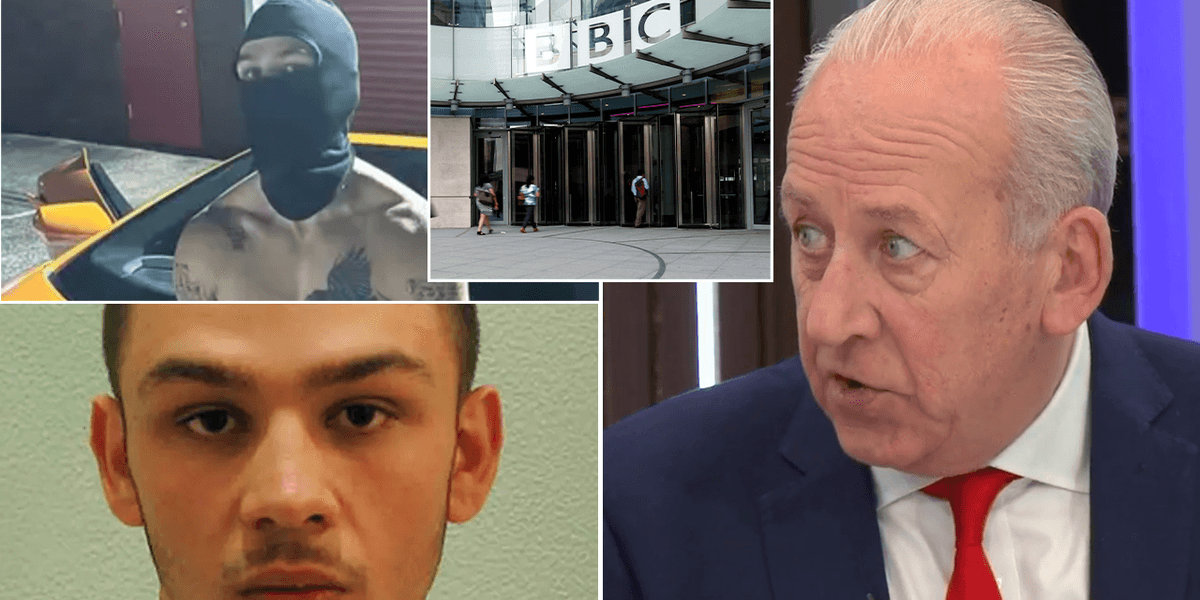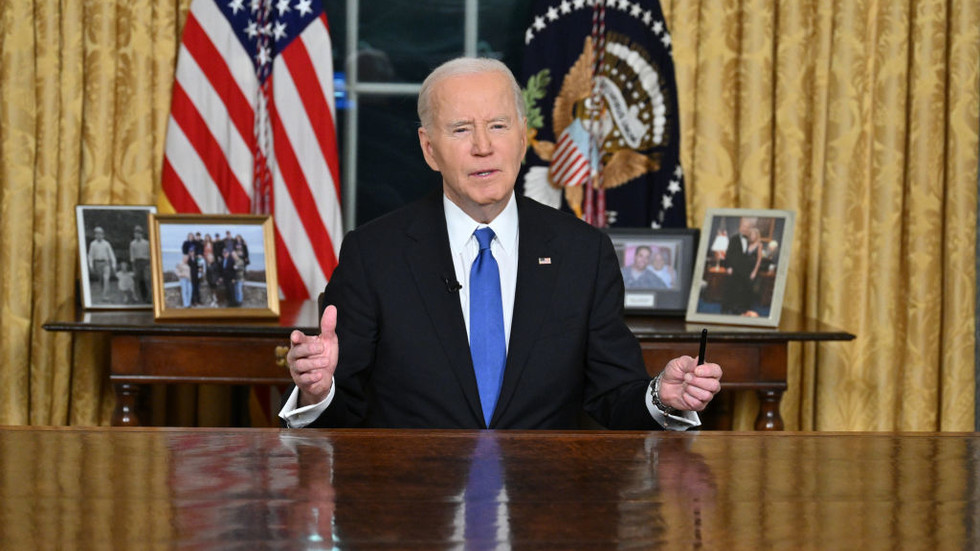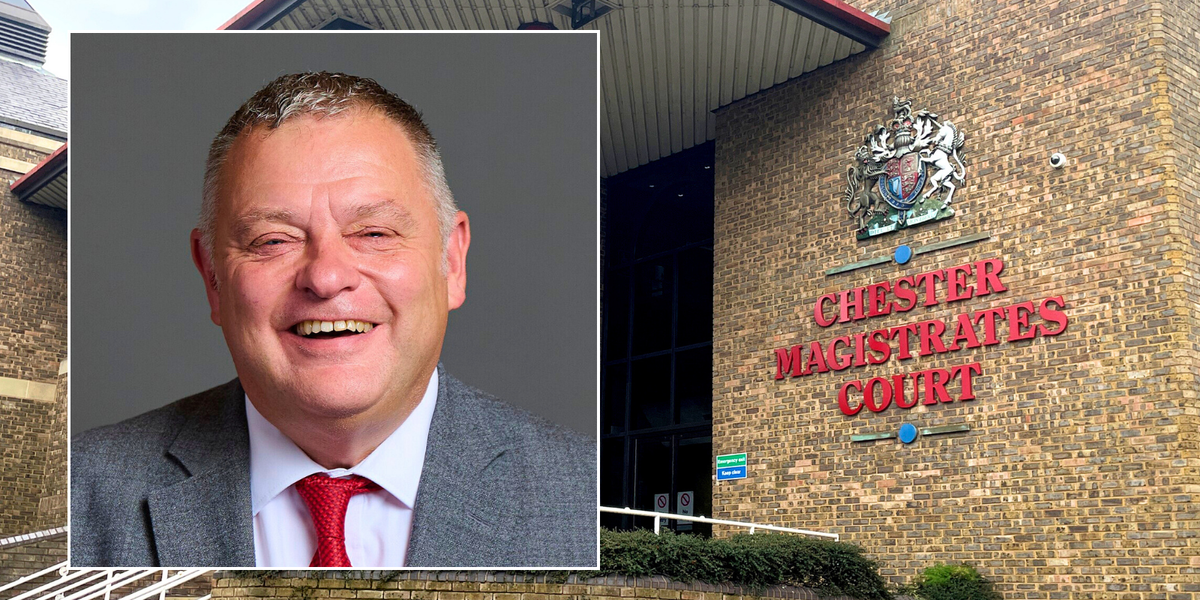The 60th US presidential inauguration will take place on Monday, January 20, as is tradition. US President Joe Biden will leave the White House and, for the first time since Grover Cleveland in 1893, a former president will return to serve a nonconsecutive term.
Donald Trump's inauguration will confirm him as the 47th president of the United States, in addition to being the 45th from 2017 to 2021.
What is a presidential inauguration?
The inauguration does not only comprise the formal swearing-in ceremony, but is a multi-day event involving much pageantry and pomp.
The Joint Congressional Committee on Inaugural Ceremonies (JCCIC) organizes the event, which takes place every four years.
Included within the program are formal procedural moments where the outgoing administration hands the baton to the new one. This time, the transition got underway well before the inauguration.
There will also be a series of public and private events for Trump's team to herald in his new presidency.
What is on the program?
The four-day inauguration festivities will kick off with a special reception and fireworks event at the Trump National Golf Club in Virginia on Saturday, January 18.
On Sunday, Trump will participate in a wreath-laying ceremony at the Tomb of the Unknown Soldier at Arlington National Cemetery before heading to Washington for a MAGA (Make America Great Again) victory rally and a candlelight dinner with supporters.
On Monday — Inauguration Day — he will attend a traditional morning service at the capital's St John's Church before his entourage heads to morning tea at the White House. At noon, it will be time for the formal swearing-in for both Trump and his vice presidentJD Vance.
Afterwards, Trump will give his inaugural address to the nation before heading to the President's Room in the US Capitol building to sign into law his first orders. He will later review the troops, known as the "pass in review."
Three inauguration balls are scheduled on Monday night.
The inauguration program will conclude with a National Prayer Service on Tuesday, January 21.
 In 2021, Trump supporters stormed the US Capitol building to protest against Biden's election win. This year, troops have been rehearsing for the inauguration. Image: Kevin Dietsch/Getty Images
In 2021, Trump supporters stormed the US Capitol building to protest against Biden's election win. This year, troops have been rehearsing for the inauguration. Image: Kevin Dietsch/Getty ImagesWhat is the inauguration's theme and what does it mean?
This year's inauguration theme is "Our Enduring Democracy: A Constitutional Promise," which the inaugural committee said "recognizes the Founders' commitment to future generations of Americans to preserve the continuity and stability of our democratic system of government."
Some have observed that the theme contrasts starkly with the actions and aftermath of January 6, 2021, when Donald Trump spurred his most ardent followers to storm the Capitol and prevent the certification of Joe Biden's 2020 election victory.
While legal action against the incoming presidentwas dropped, a recent report released by former special counsel Jack Smith suggested Trump would have been convicted for his role, if he had not won last year's election.
Trump has also been found guilty of falsifying business records but was released without restrictions after being sentenced for his crimes. He is the first convicted felon to become US president.
Given the tumultuous four years preceding his return to the White House, how is Trump likely to position himself during the inauguration?
"I think that, for Trump, reconciliation is something that is not a concern," Cayce Myers, a political communications expert at Virginia Tech, told DW. "Ultimately, what he's looking at is the pinnacle moment of the MAGA movement... his [inaugural] speech... is the culmination of four years of struggle to be elected."
Myers said the inauguration would be an opportunity for Trump and his administration to present their new approach to both the US and the world.
"I do think that we're going to see a lot of positioning around strength [and] a lot of positioning in the subtext of geopolitics," Myers said.
"Given the fact this is such a significant event with an outsized media personality that's very savvy in the way that he does media, I think we're going to have outsized attention."
 Former presidents traditionally attend presidential inaugurations.Image: Olivier Douliery/AFP/Getty Images
Former presidents traditionally attend presidential inaugurations.Image: Olivier Douliery/AFP/Getty ImagesWho will attend?
As is the custom (though Trump broke with it in 2021), all living former US presidents — Joe Biden, Barack Obama, George W. Bush and Bill Clinton — will attend the inauguration. Except for Michelle Obama who has withdrawn for undisclosed reasons, the former first ladies will also be present.
Tech barons will also be well represented, particularly given the highly publicized support many have given the incoming president. Leading the way is the world's richest person Elon Musk, who gave substantial financial and media aid to the Republicans' election campaign. Amazon and Washington Post owner Jeff Bezos and Meta founder and Chairman-CEO Mark Zuckerberg will be in attendance too.
Foreign leaders have, historically, not attended US presidential inaugurations, instead being represented by their countries' ambassadors.
However, several have been invited by the Trump inauguration committee, including China's President Xi Jinping though he is unlikely to attend in person.
European right-wing populist leaders such as Hungary's Prime Minister Viktor Orban and his Italian counterpart Giorgia Meloni have not confirmed their attendance. Both have met with Trump at his Florida home since November's election.
Argentinan President Javier Milei, who also visited Trump after his election win, is expected to be present.
 Donald Trump has made Village People hits his music of choice at rallies across the US Image: SCOTT OLSON/AFP/Getty Images
Donald Trump has made Village People hits his music of choice at rallies across the US Image: SCOTT OLSON/AFP/Getty ImagesWho is performing?
Among the confirmed entertainers at inauguration events is former American Idol winner Carrie Underwood, who will perform "America the Beautiful" before Trump takes the oath of office.
The Village People, whose disco hits Y.M.C.A. and Macho Man were both prominently used to introduce Trump to the stage during his campaign rallies, will perform at the Liberty Ball and the MAGA victory rally on Saturday.
Country singer Lee Greenwood and opera singer Christopher Macchio will also perform at events.
What happens after the inauguration?
Following the inauguration, Donald and Melania Trump will move into the White House and the new administration will get down to business.
This will include the new president signing into force new executive orders and, in all likelihood, beginning the process to withdraw or renegotiate the US' agreements and treaties with other nations and organizations, such as the WHO.
Edited by: Anne Thomas

 By Deutsche Welle (World News) | Created at 2025-01-16 07:06:00 | Updated at 2025-01-16 11:02:22
4 hours ago
By Deutsche Welle (World News) | Created at 2025-01-16 07:06:00 | Updated at 2025-01-16 11:02:22
4 hours ago








